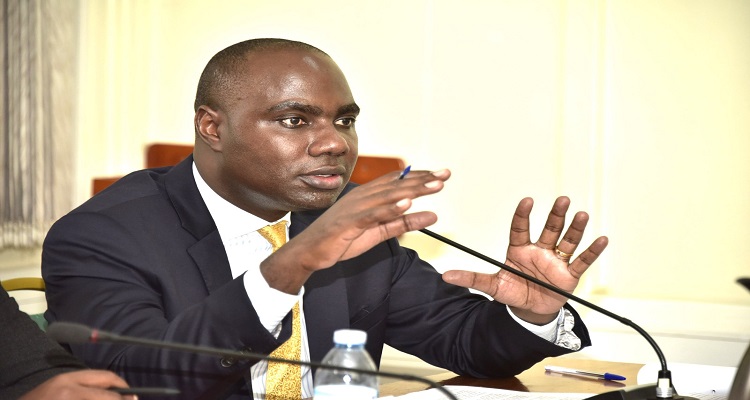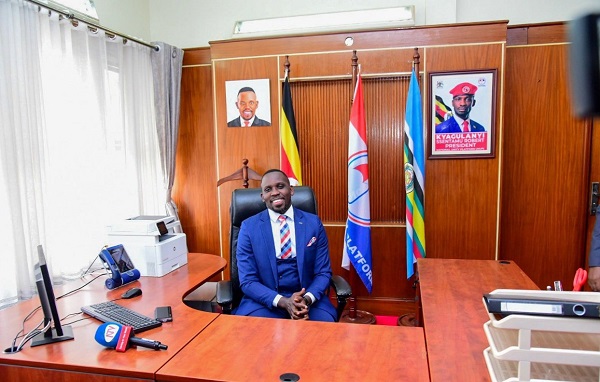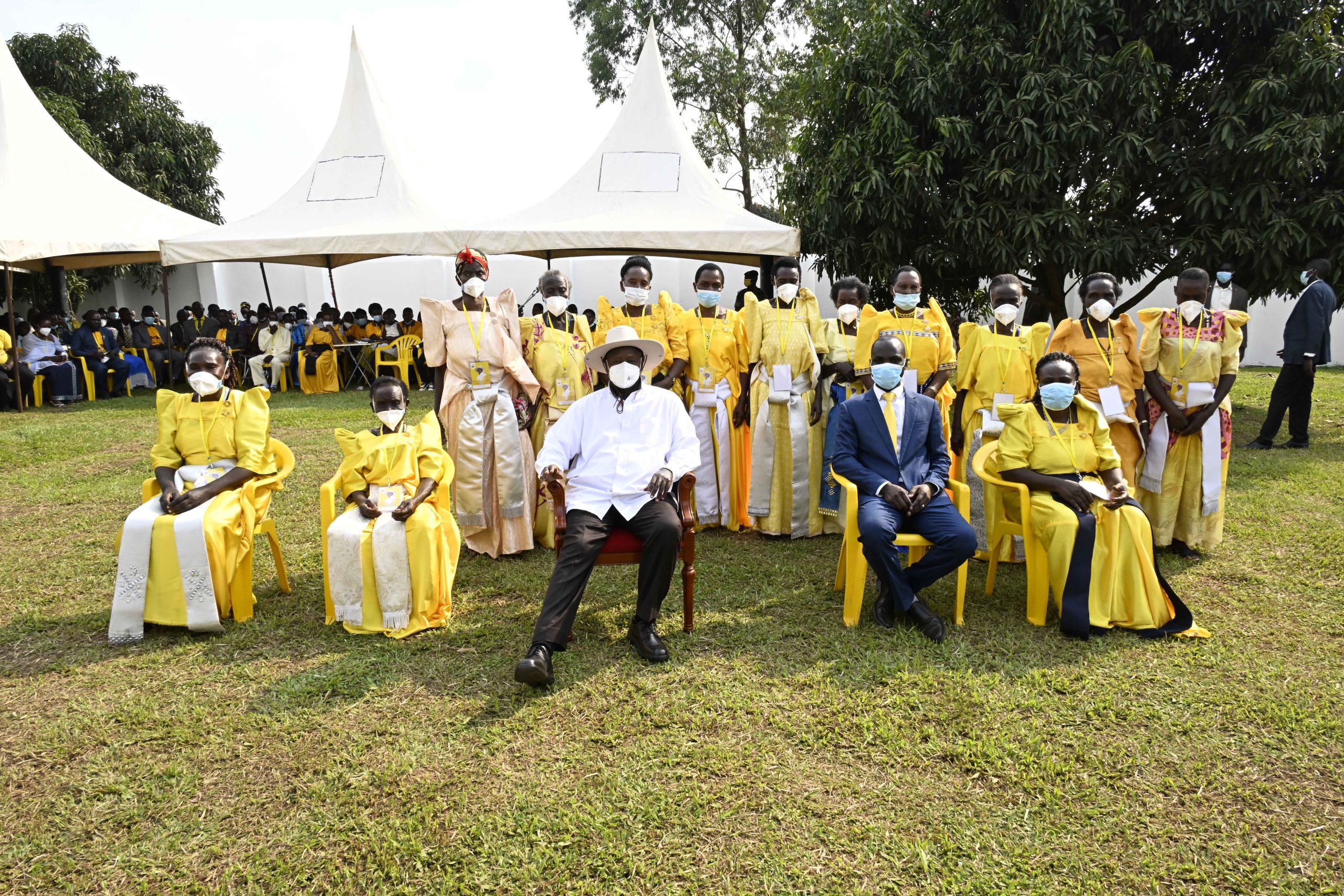Uganda’s dream of expanding its cities faces a stern financial reality check. State Minister for Finance (General Duties) Henry Musasizi recently dropped a bombshell, stating that the government simply lacks the funds to support the establishment of new cities in the upcoming financial year. Apparently, the dream of transforming sleepy villages into bustling metropolises will have to wait a little longer—sort of like that Christmas gift you keep postponing for your overly demanding relatives.
In a classic case of “he said, she said,” Finance Minister Matia Kasaija had previously claimed that five new cities would become operational in the next financial year. However, Musasizi, representing Prime Minister Robinah Nabbanja at the commissioning of the Public Procurement and Disposal of Public Assets (PPDA) building in Mbarara City, seemed to have other plans. He argued that focusing on reducing expenditure on “consumptive items” is far more pressing than rolling out new cities that could resemble the inflatable structures used at local events—fun to look at but unsustainable in the long run.
Mr. Musasizi’s commentary seemed to resonate with Mbarara City Mayor Robert Mugabe Kakyebezi, who raised a valid point about creating more cities while existing ones struggle with funding challenges and ongoing disputes with their former districts over relocation. It’s like trying to throw a lavish wedding while your own home is falling apart—sure, it sounds grand, but the reality is much messier.
Musasizi didn’t mince his words. He insisted, “We do not have money to operationalize cities.” His plan appears to focus on sectors that promise returns on investment, such as agro-processing, manufacturing, tourism, and science and technology. It seems Ugandans are preoccupied with the allure of new cities while the potential for local industry—think the unexploited iron ore and the underappreciated Irish potato—sits idly by.
“In Kabale, there is no factory, and nobody is talking about it,” he pointed out, as if to say, “How about we roll up our sleeves and get to work instead of dreaming about becoming the next Dubai?” The reality is stark—many Ugandans are already dancing to the rhythm of poverty, and adding more cities to the mix might only make their financial slide even faster.
Musasizi believes that cities should only be created as a reward for Ugandans who genuinely embrace the government’s growth strategy. It’s like giving out trophies for participation, but he wants to ensure that everyone has their financial ducks in a row first. “We must bring all our households into the money economy,” he declared, indicating that building cities should be a cherry on top of a well baked cake rather than the cake itself.
Musasizi’s statements contradict Kasaija’s plans to operationalize five more cities by July 2025. It’s like having two chefs in the kitchen—one wants to serve up a gourmet meal while the other insists on instant noodles. Kasaija had previously assured the public that resources had been secured to operationalize the remaining cities, but now, it appears Musasizi is holding the purse strings a bit too tightly for his taste.
The government will communicate its official stance on the matter, but as of now, it seems like the status quo will remain. This is reminiscent of those long family meetings where everyone talks but nobody decides anything—lots of chatter, no clear direction.
The background to this drama reveals a history of urban aspirations that haven’t exactly panned out. On July 1, 2020, ten cities—Mbarara, Fort Portal, Masaka, Arua, Gulu, Jinja, Mbale, Soroti, Hoima, and Lira—were launched into existence. However, plans for Kabale, Moroto, Nakasongola, Entebbe, and Wakiso were paused like a bad movie on a rainy Sunday afternoon. A 2022/2023 annual report by the Equal Opportunities Commission (EOC) suggested that eight of these new cities might not even be up to snuff. According to the EOC, a city must provide essential services and have sufficient disaster management and waste disposal capacities—something that some cities seem to be struggling with.
In April 2020, Uganda’s 10th Parliament approved the creation of 15 cities to be rolled out gradually. As we wait for the government to untangle this bureaucratic mess, it’s clear that Uganda’s dreams of urban expansion are currently parked on the roadside, much like those beloved “Matatus” that seem to disappear when you need them most.
Table: Proposed and Operational Cities in Uganda
| Year | Cities Operationalized | Cities Proposed |
|---|---|---|
| July 1, 2020 | Mbarara, Fort Portal, Masaka, Arua, Gulu, Jinja, Mbale, Soroti, Hoima, Lira | Kabale, Moroto, Nakasongola, Entebbe, Wakiso |
| July 1, 2025 | Five new cities planned (tentative) | Unknown (pending funding) |




















